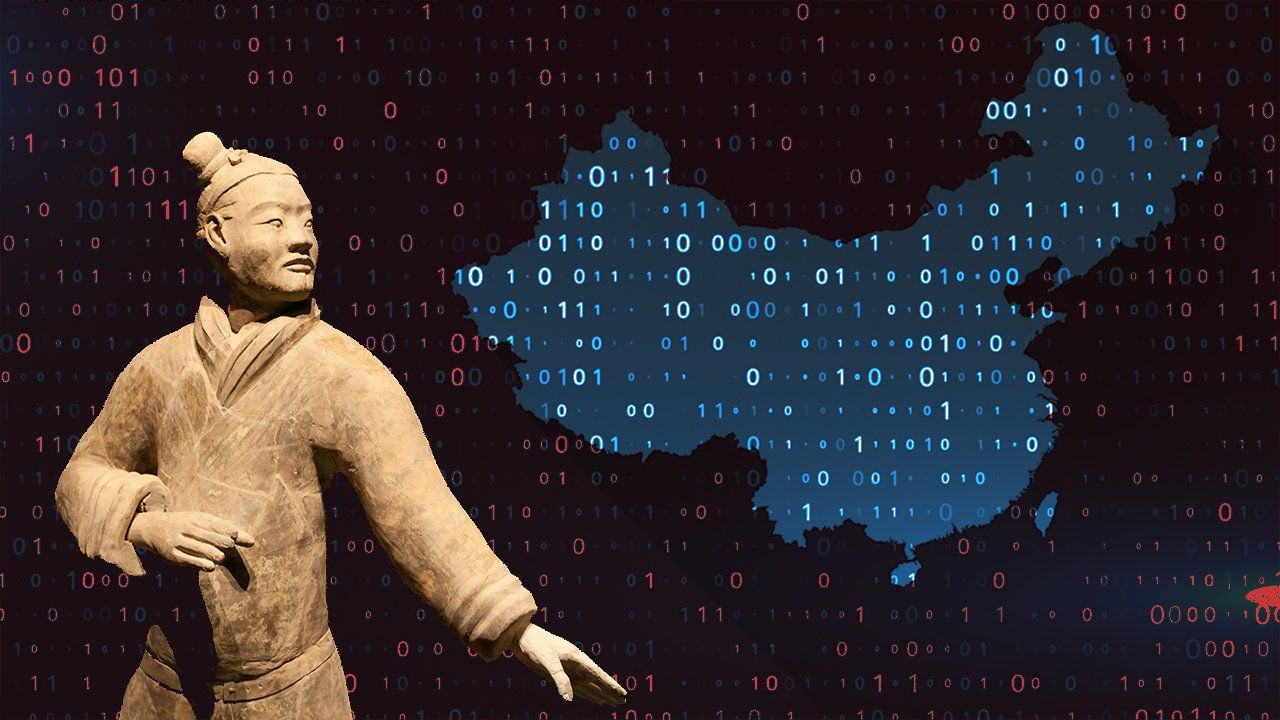July 11, 2023
China is reportedly mulling a proposal that would require all companies working with generative AI to apply for licenses directly from directly the state. The move is meant to ensure that even as China makes a bid to be an AI superpower, the technology remains “reliable and controllable,” in the words of the country’s top internet regulator.
This highlights the particular AI regulation challenges that China faces, as an authoritarian one-party state that is seeking to become a global leader in the industry: The ruling Communist Party wants to maximize AI innovation but minimize any challenges to its strict control of online speech and content.
Compare that with the US — China’s main competitor in the AI race — which has a different set of concerns. Washington wants to limit harm to consumers and society, but without stifling innovation at the Silicon Valley firms that are on the front lines of the competition with Beijing.
Europe, meanwhile, lacking tech giants of its own, is moving ahead with some of the strictest regulations on AI to head off the negative consequences of algorithmic bias, misinformation, or copyright infringements.
Upshot: The race to regulate AI is at least as consequential as the race to develop the technology itself.From Your Site Articles
More For You
- YouTube
Alina Polyakova, President and CEO of the Center for European Policy Analysis, warns that NATO faces a defining moment.
From the sidelines of the 62nd Munich Security Conference in Munich, Polyakova told GZERO's Tony Maciulis that the Arctic has become “an arena of incredible global competition,” with Russia and China expanding their ambitions. While President Trump’s focus reflects “the right instincts” on security, she argues allies must strike a mutual deal to secure the region together.
Most Popular
Think you know what's going on around the world? Here's your chance to prove it.
Every year, the Munich Security Conference, the world’s leading forum on international security, releases data that sheds light on how citizens view global risks.
The US government reportedly plans to fund MAGA-aligned groups in Europe. The stated aim is to oppose European laws on online speech.
© 2025 GZERO Media. All Rights Reserved | A Eurasia Group media company.
